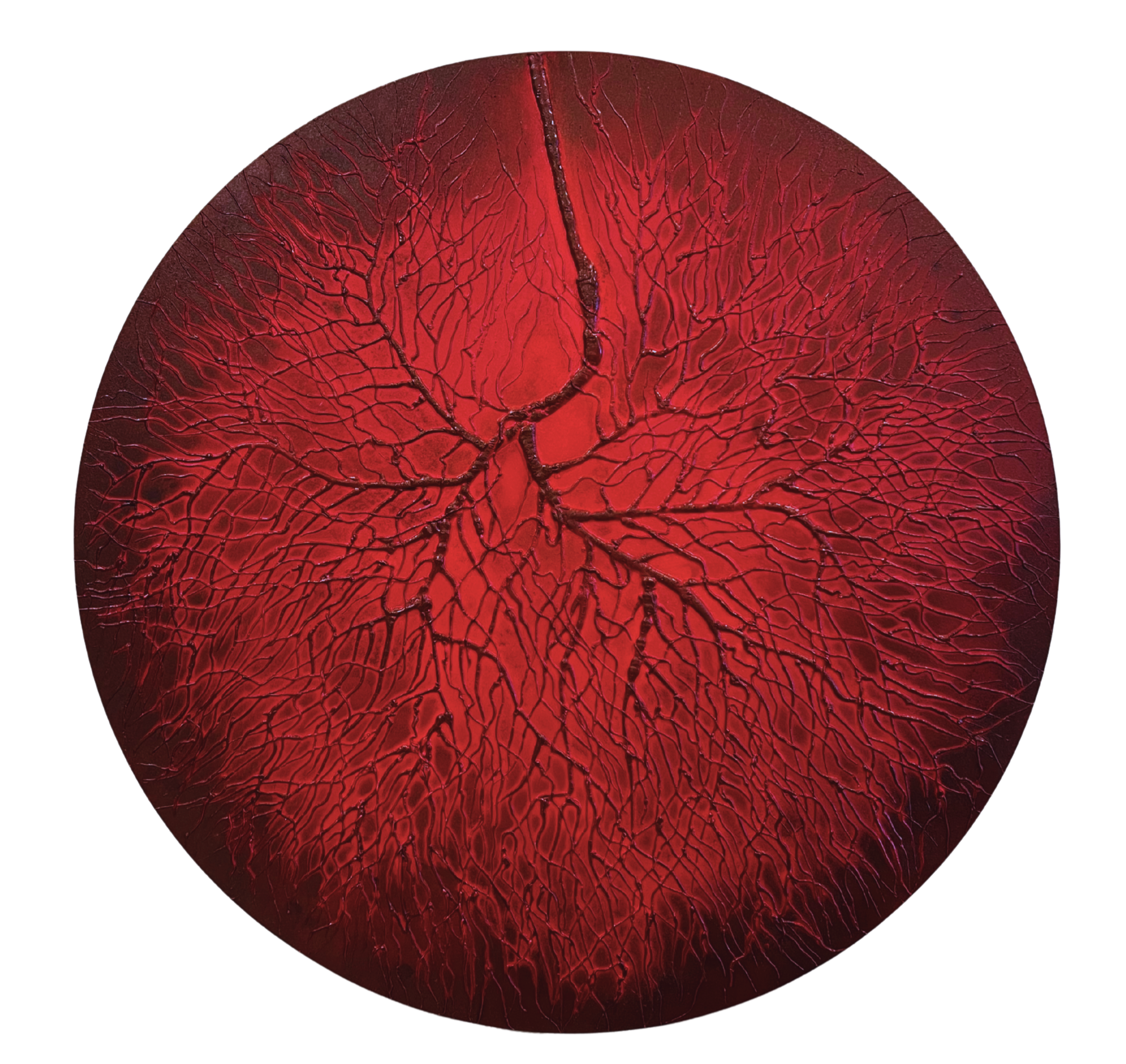
39 works. 10 artists. 400+attendees.
Do No Harm: Reflections on Healthcare is a public-facing exhibition series and research project advocating for planetary health consciousness; a concept which acknowledges the intrinsic link between human health and natural systems. By interrogating the harms of current healthcare practices and propagating known solutions, this project advocates for the urgent transition to a model of health which is socially and ecologically regenerative.
Guided by the First Nations knowledge systems crucial to sustainable reform, this exhibition highlights stories of resilience, innovation and the interdisciplinary collaboration required to progress. Further, DNH featured a series of academic events and workshops for deeper engagement of attendees throughout the week. Events schedule linked here.
Participating artists: Adedolapo Boluwatife, Dr Tanishka Brahmanand, Kaanchi Chopra, Frankey Chung, Maria Koijck, Edwina Green, Dr Liz Hu, Professor David Karoly, Janet Laurence and Dr Bob Smith.
Creative Producers: Tanishka Brahmanand and Deborah Hart.
Officially co-hosted by: CLIMARTE and The Wattle Fellowship
Supporting partners: Medical Pantry, Doctors for the Environment and The Blackbird Foundation.
This project is the culmination of Dr Brahmanand’s Wattle Fellowship Action Project, supported by Australian charities CLIMARTE and Medical Pantry. DNH will also form the basis of an impact evaluation exploring Artivism as an intervention in encouraging planetary health conscious attitudes to motivate climate action
DO NO HARM: reflections on healthcare
Pilot Exhibition:
No Vacancy Gallery, 34-40 Jane Bell Lane (off Russell St)
27th October 2025 – 1st November 2025
VIRTUAL gallery enter here
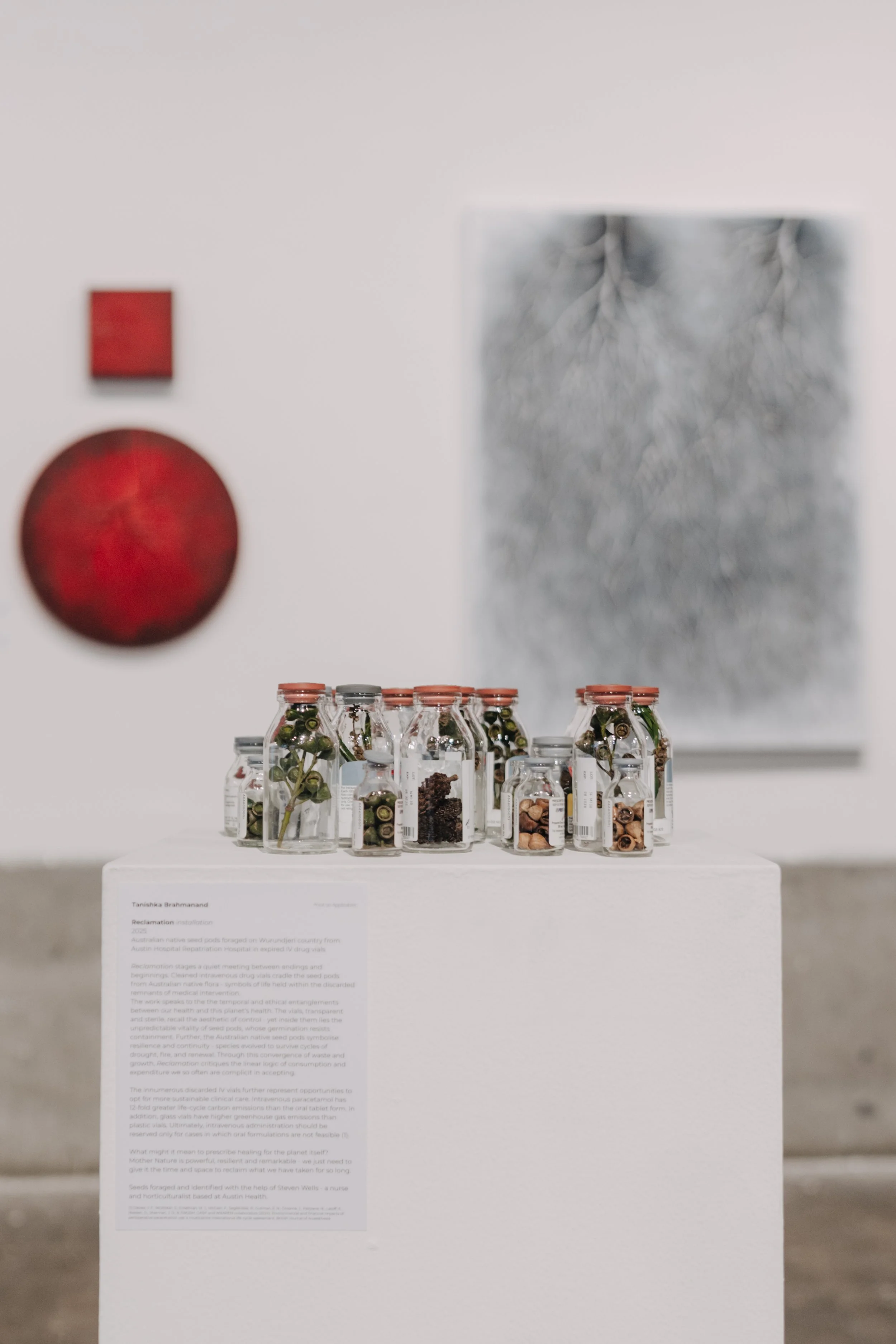



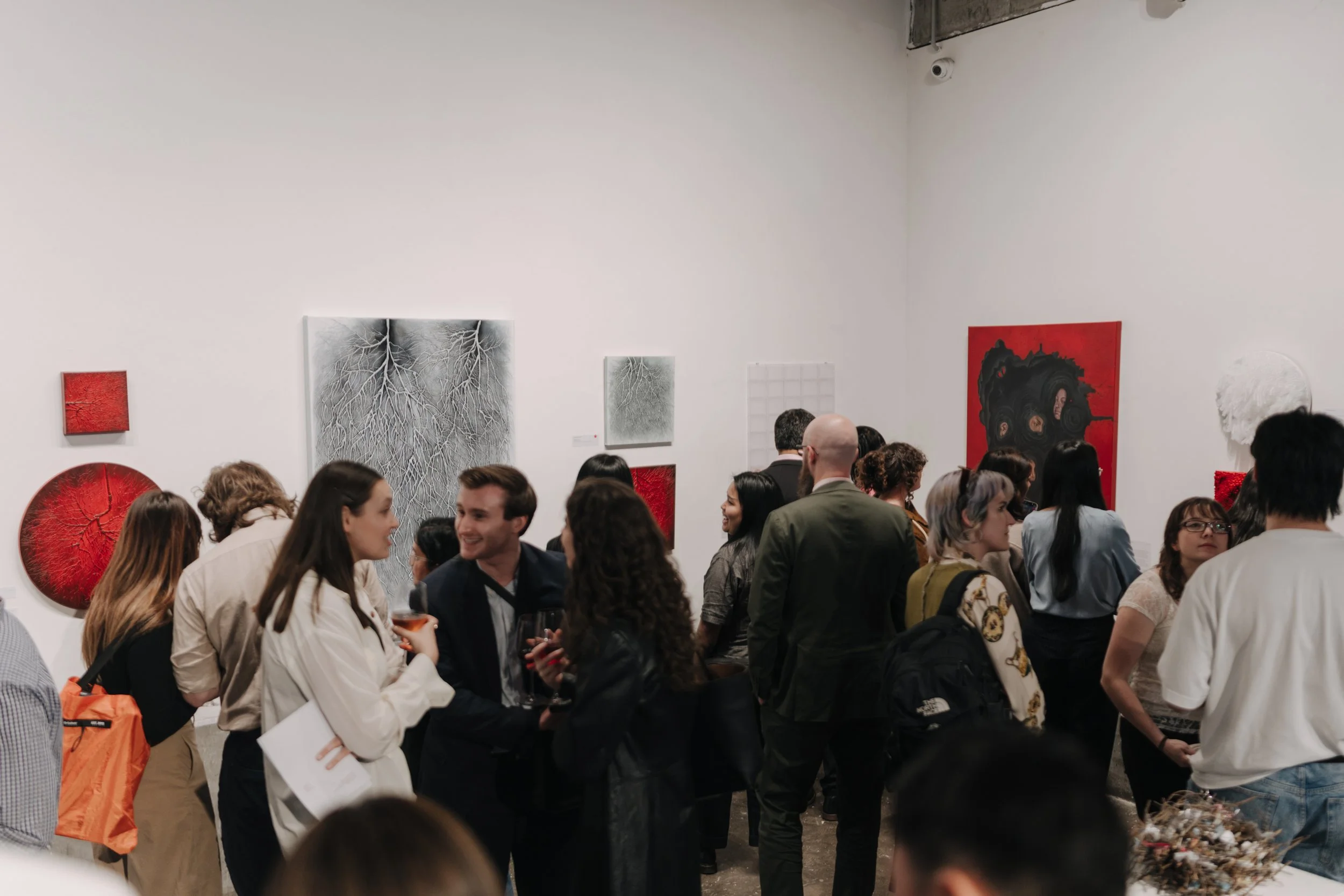
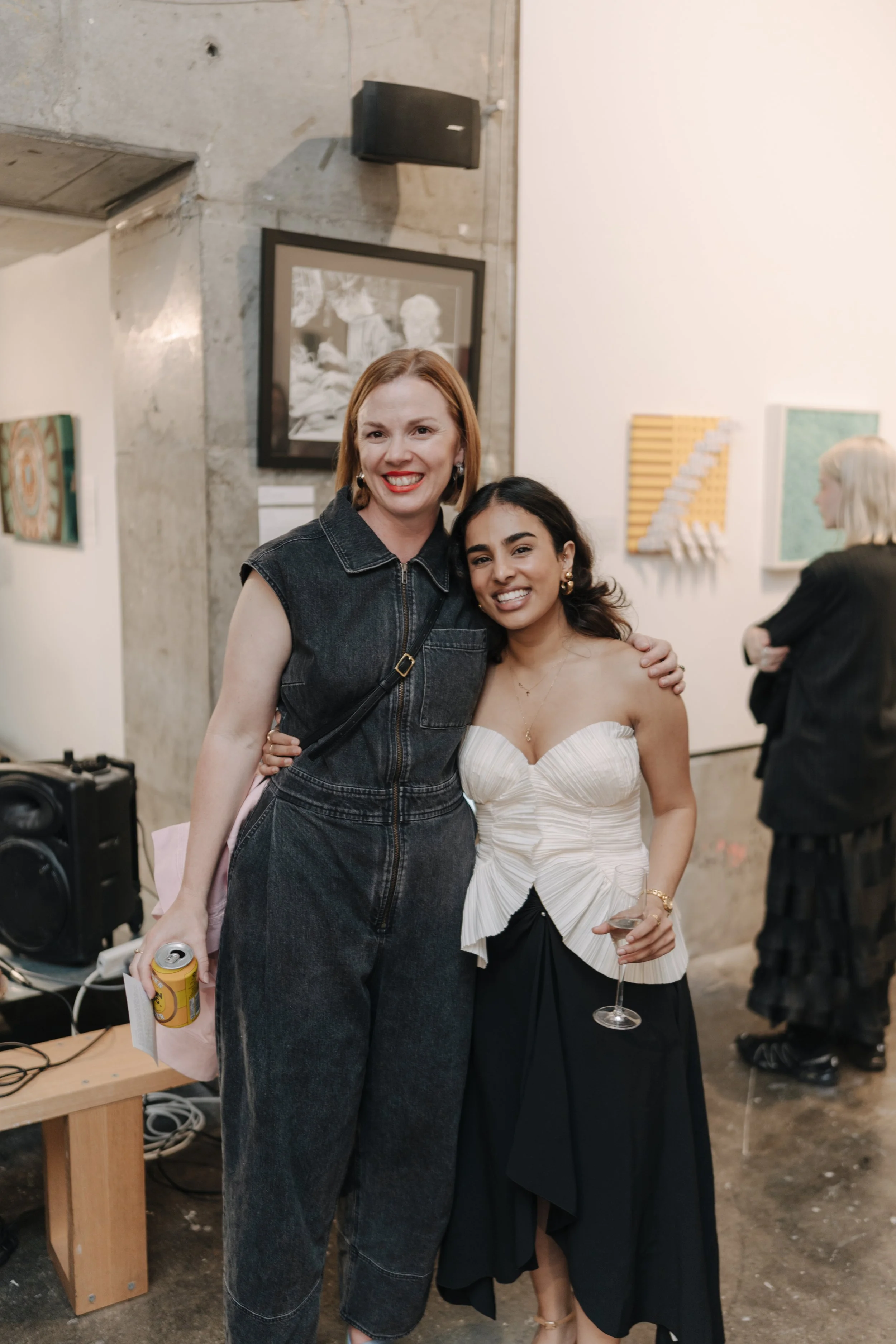
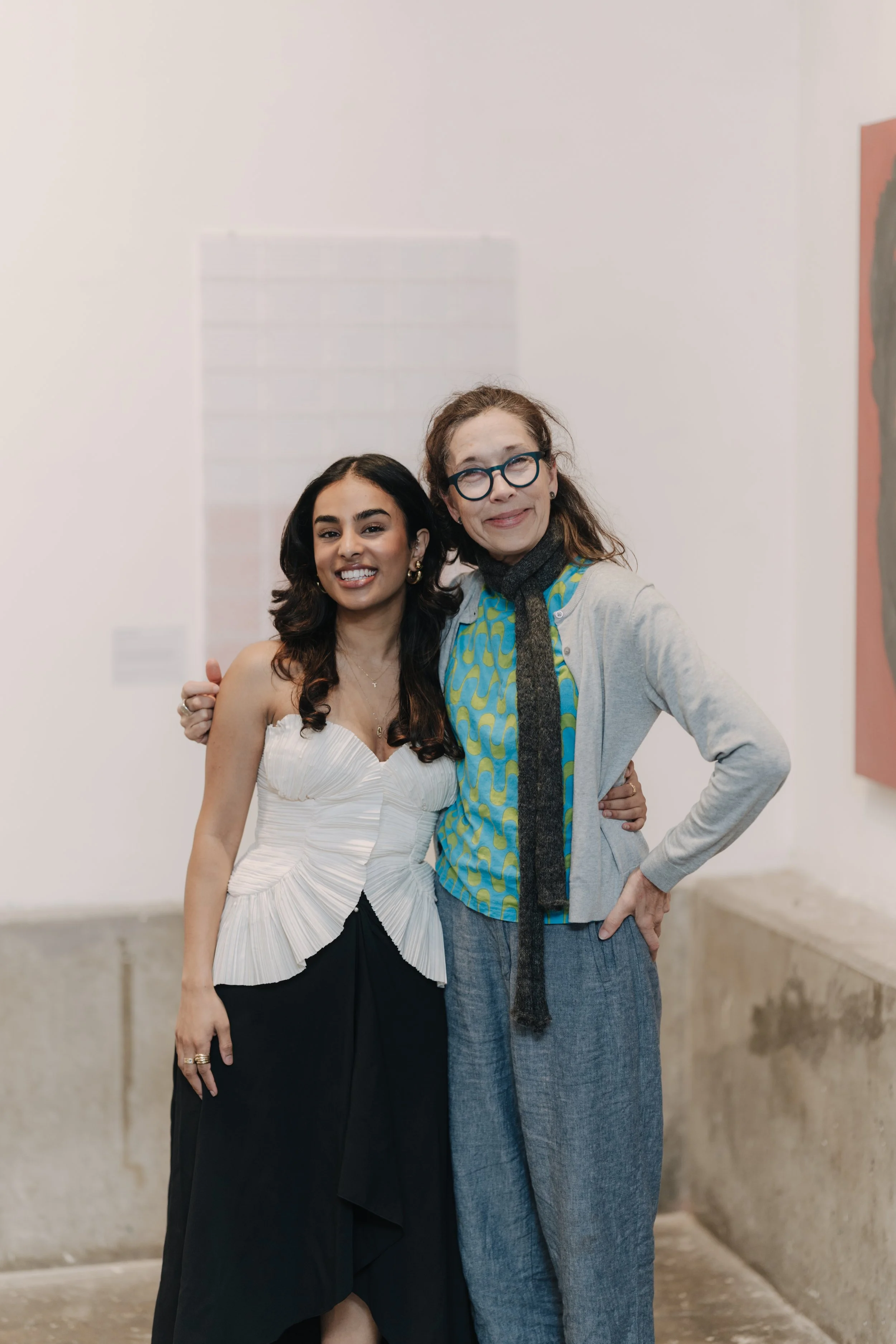


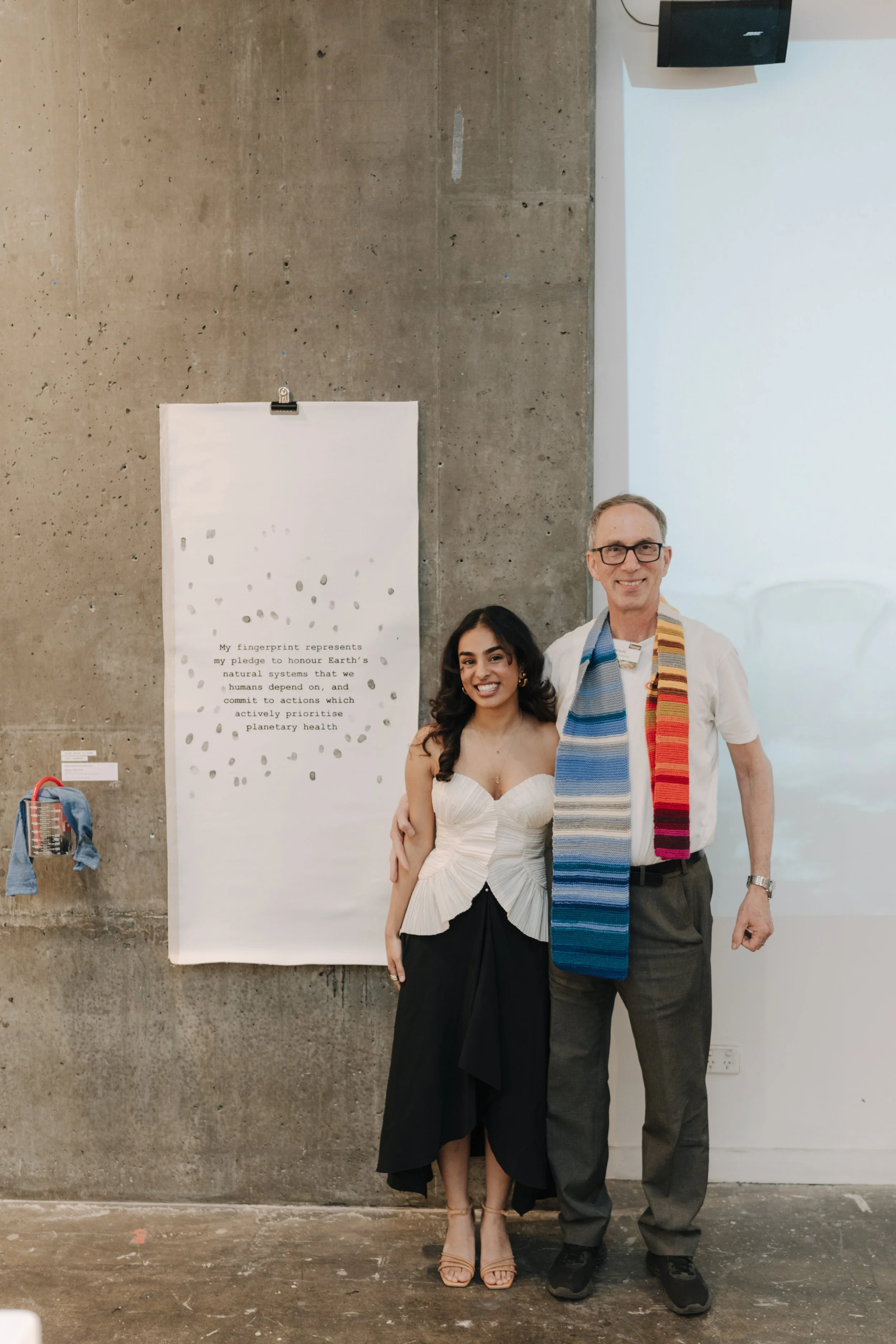

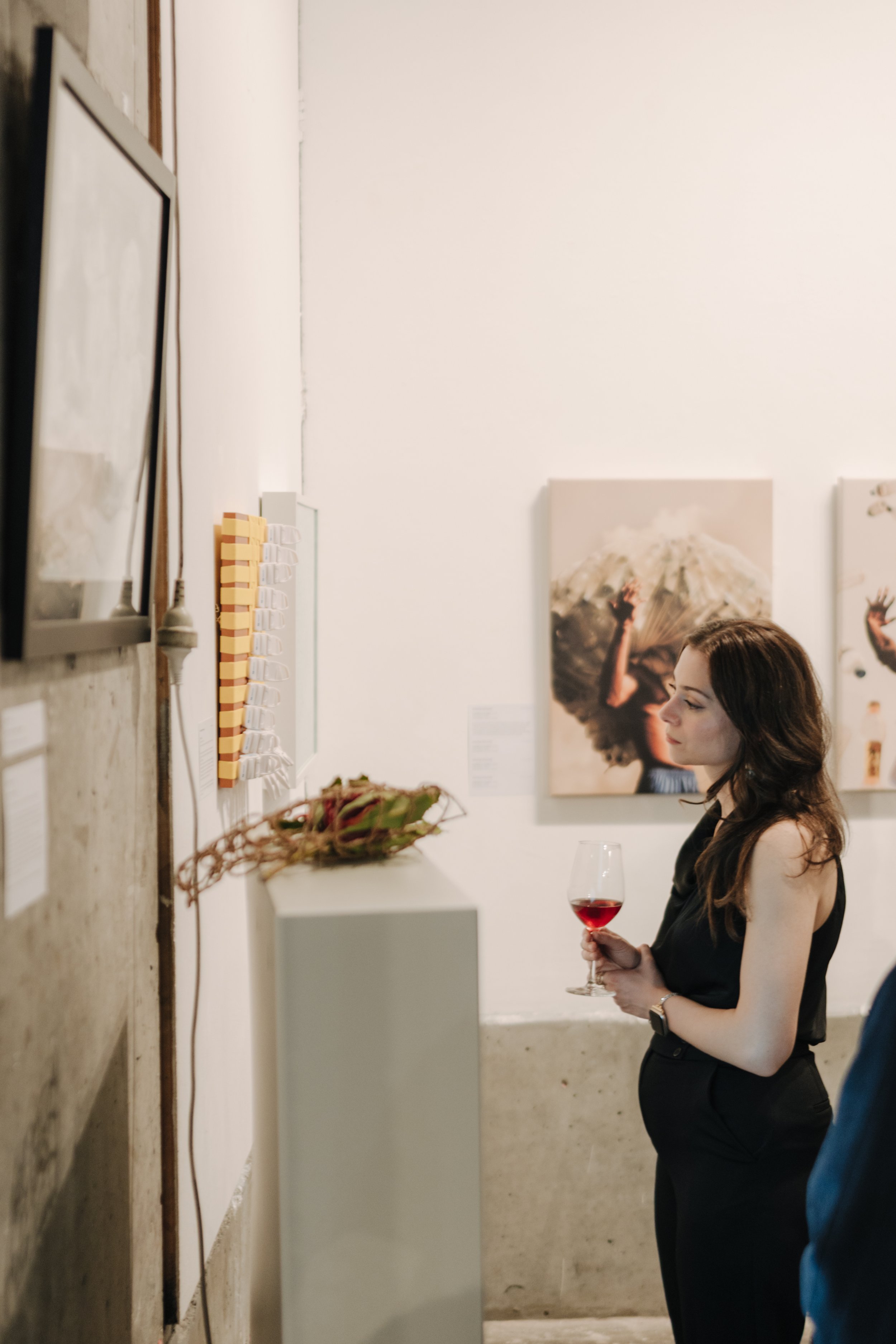

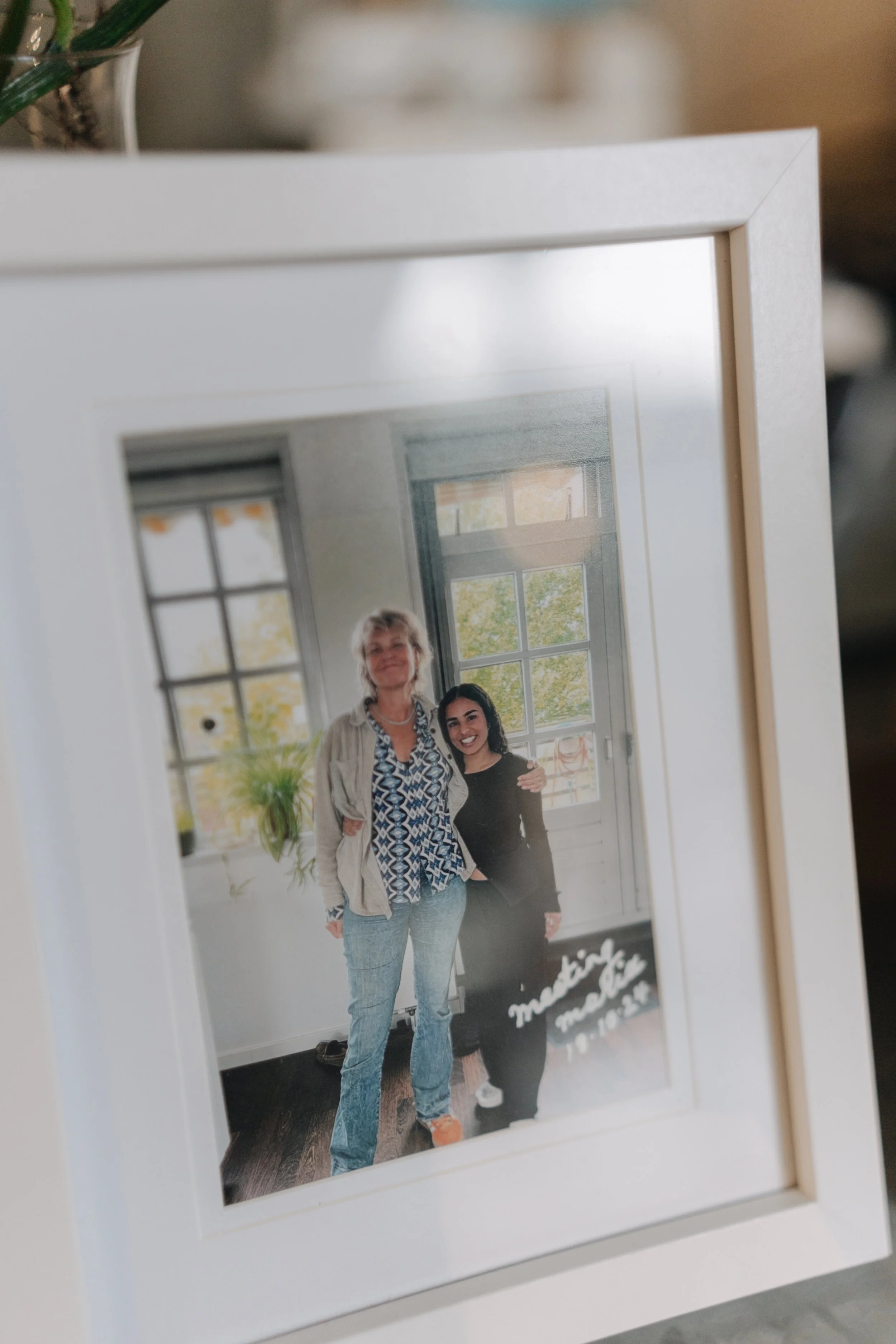

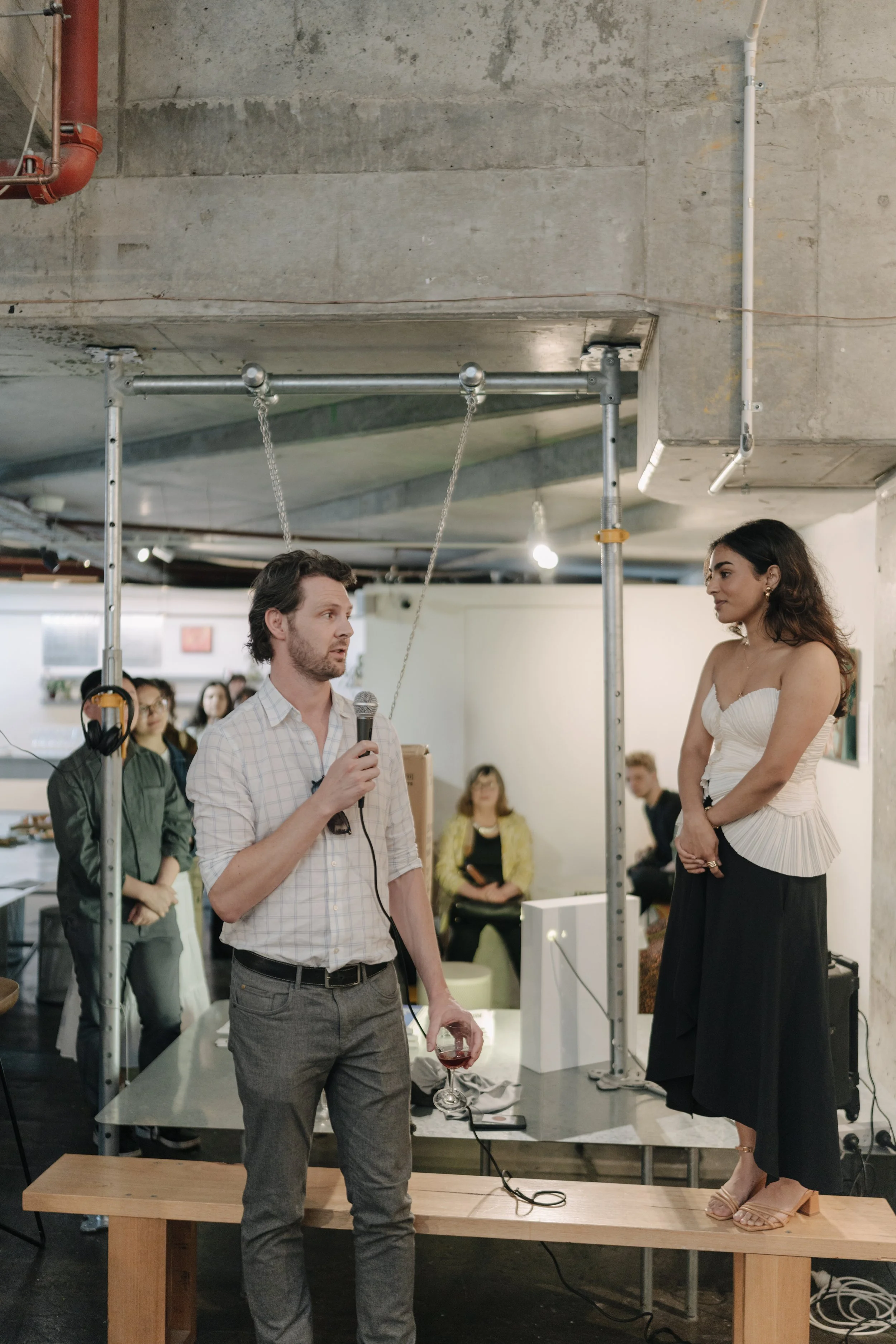

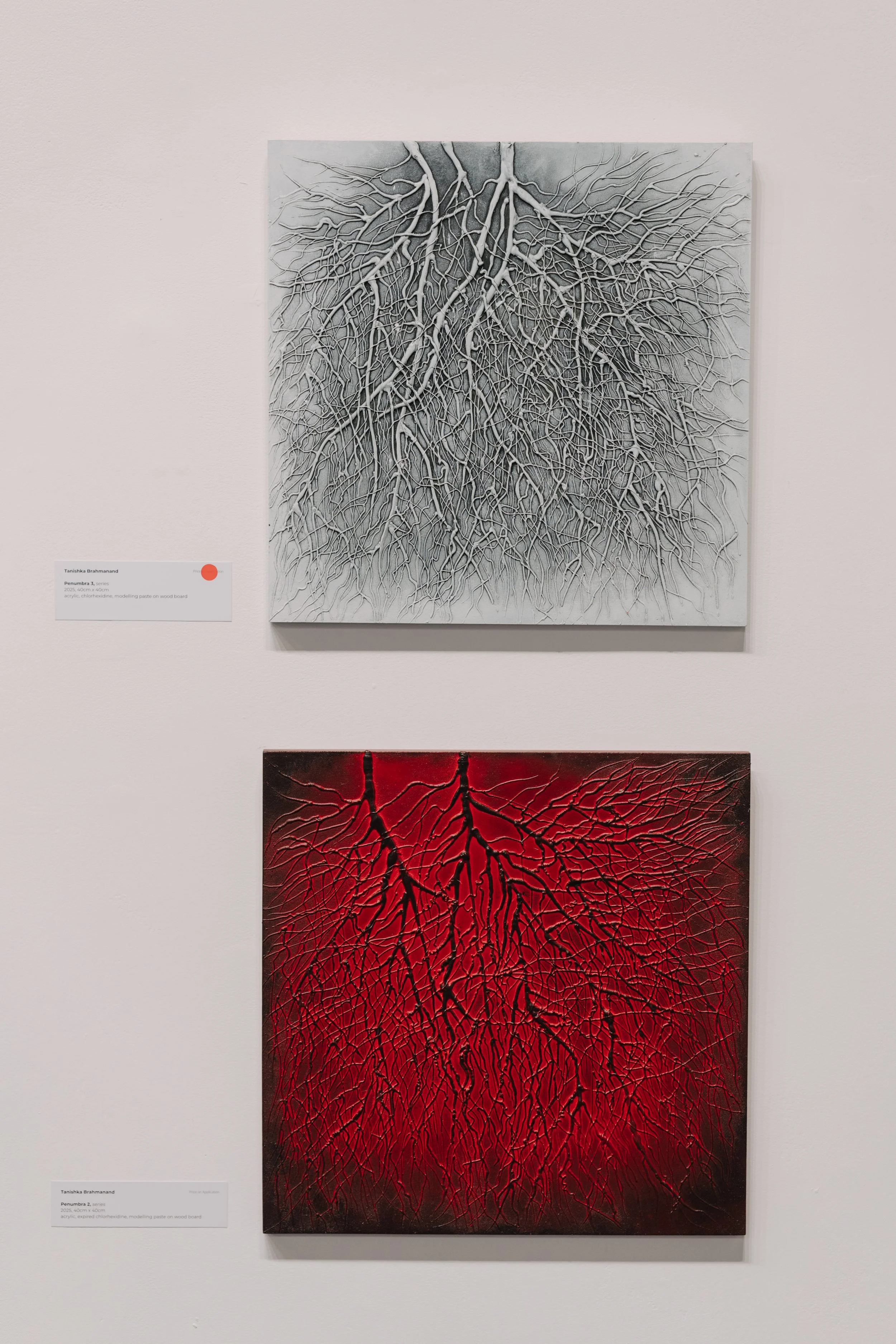

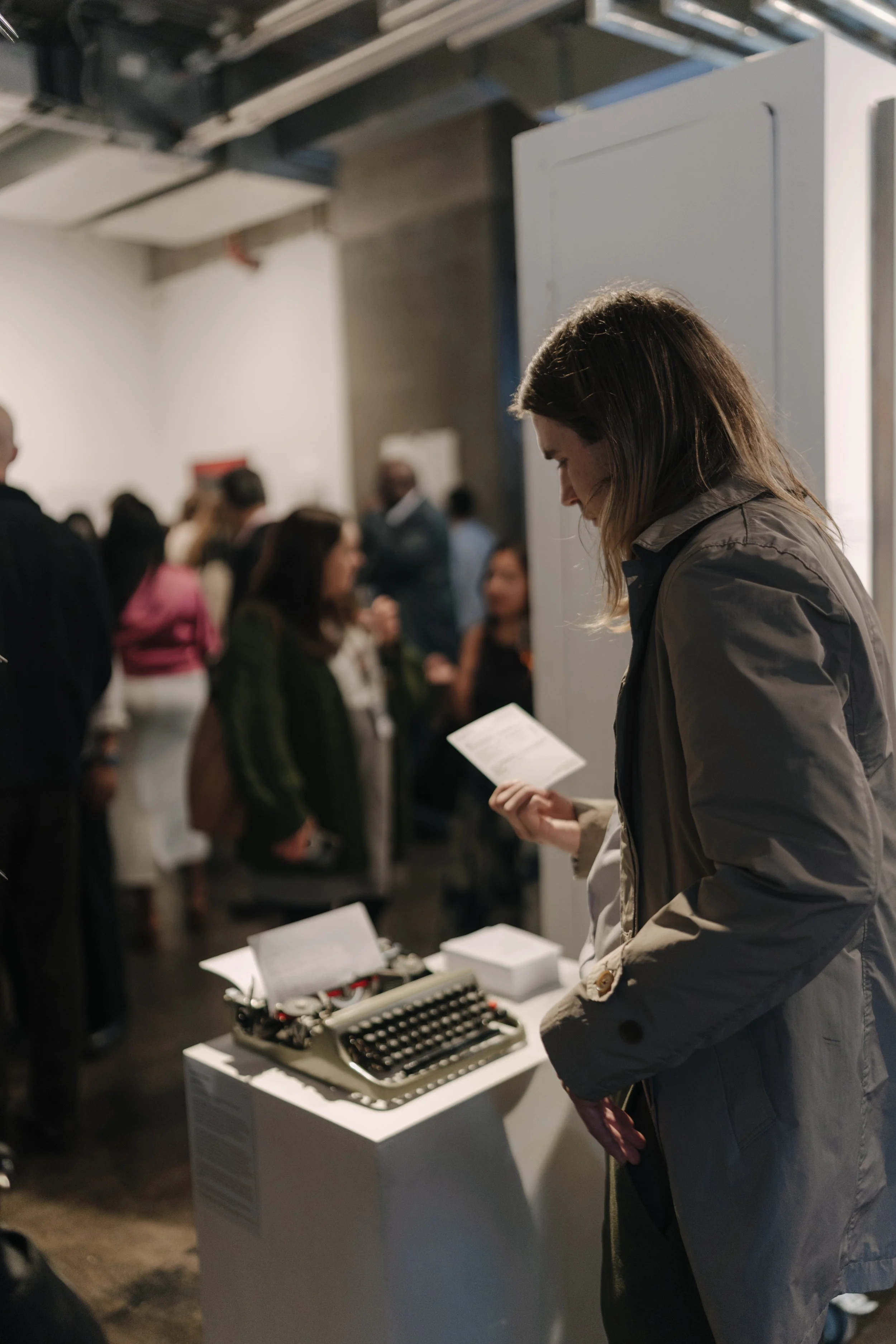

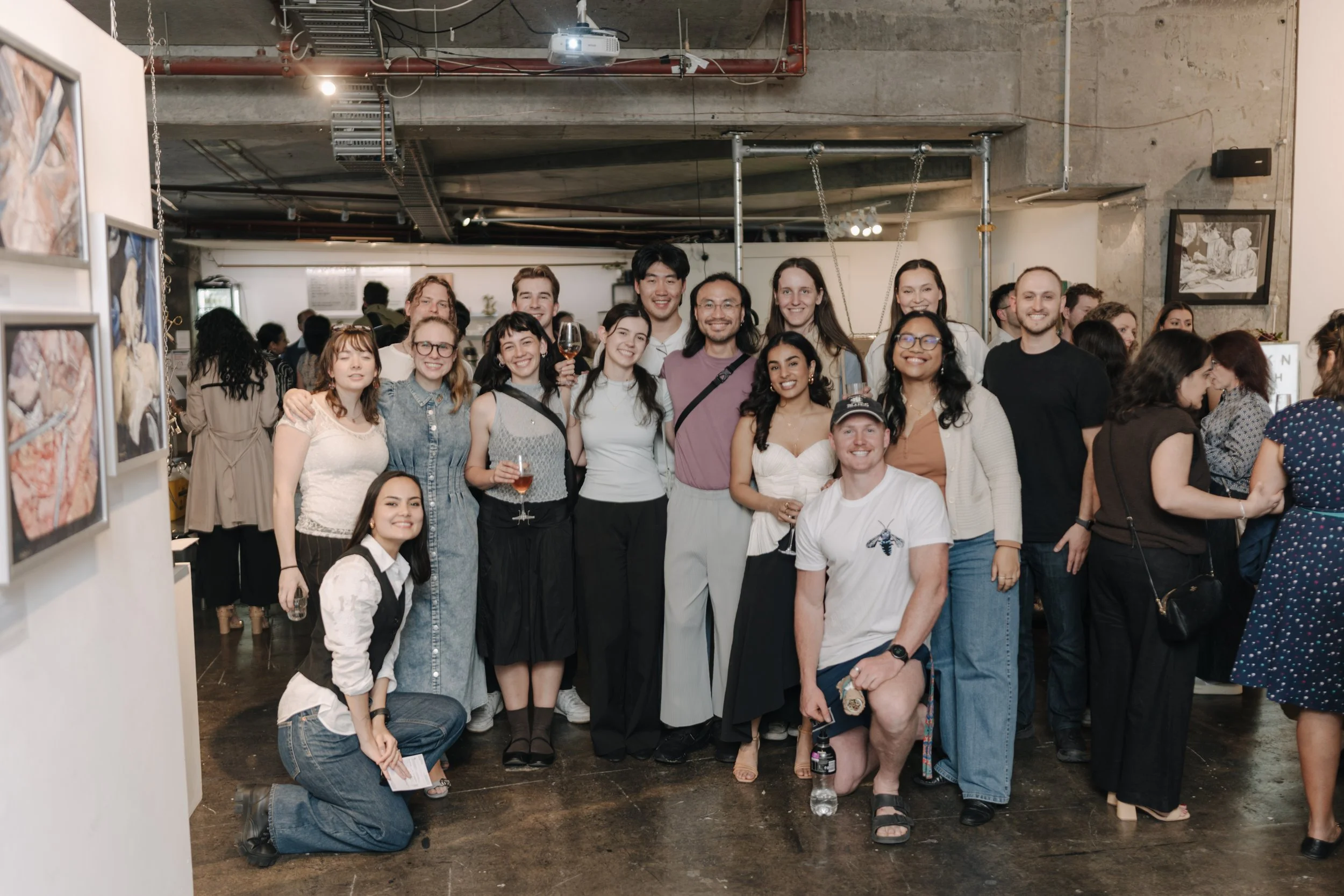
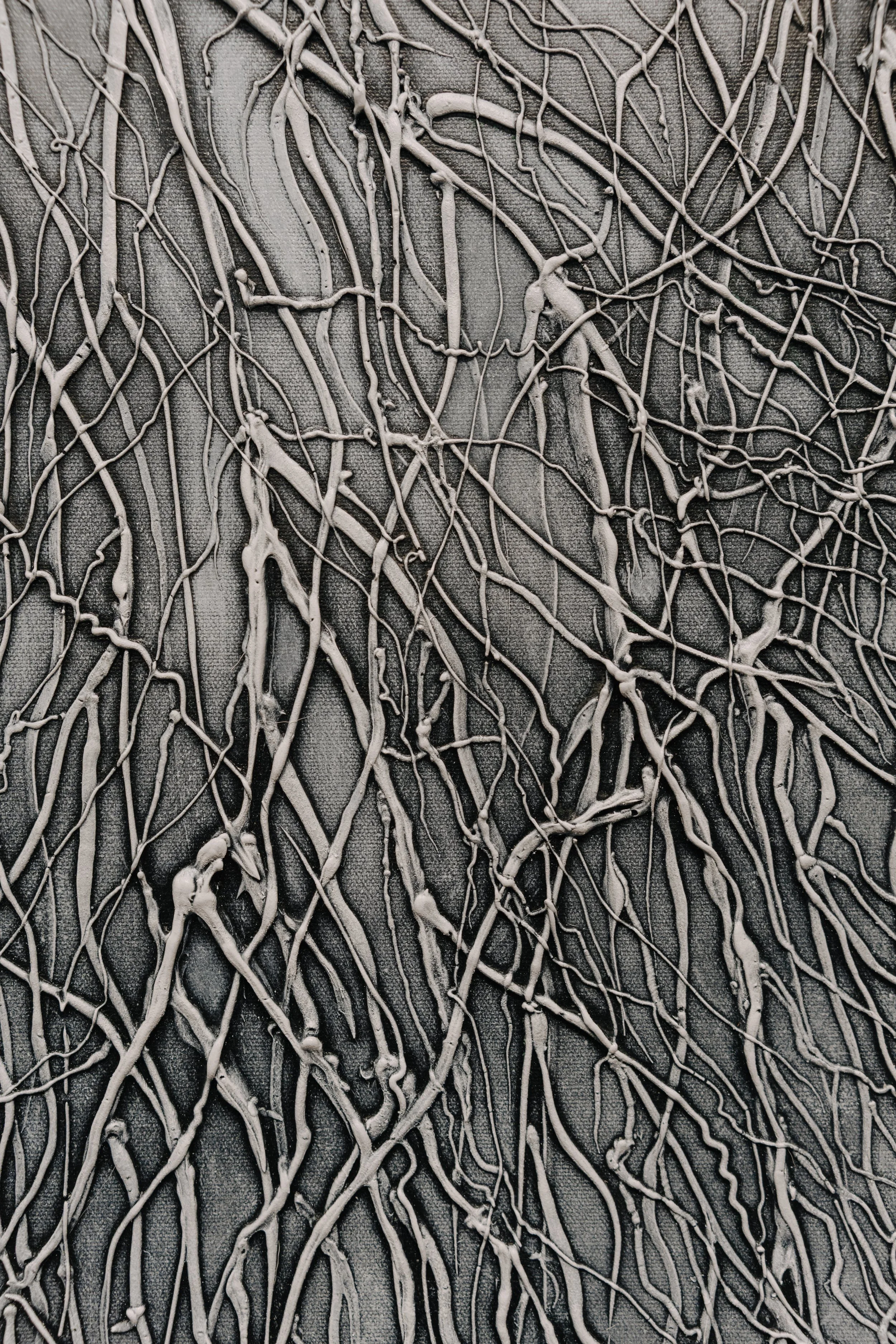
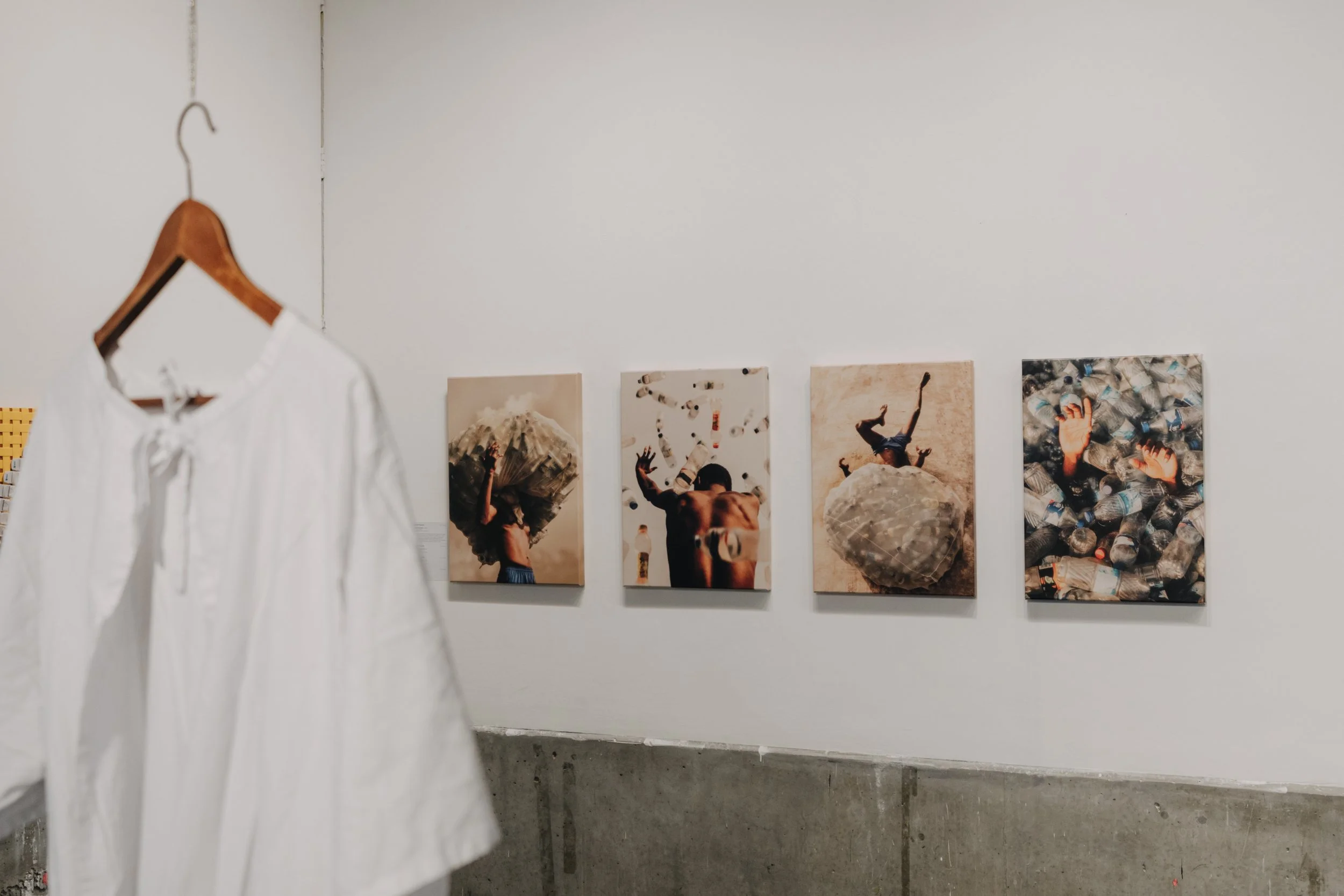



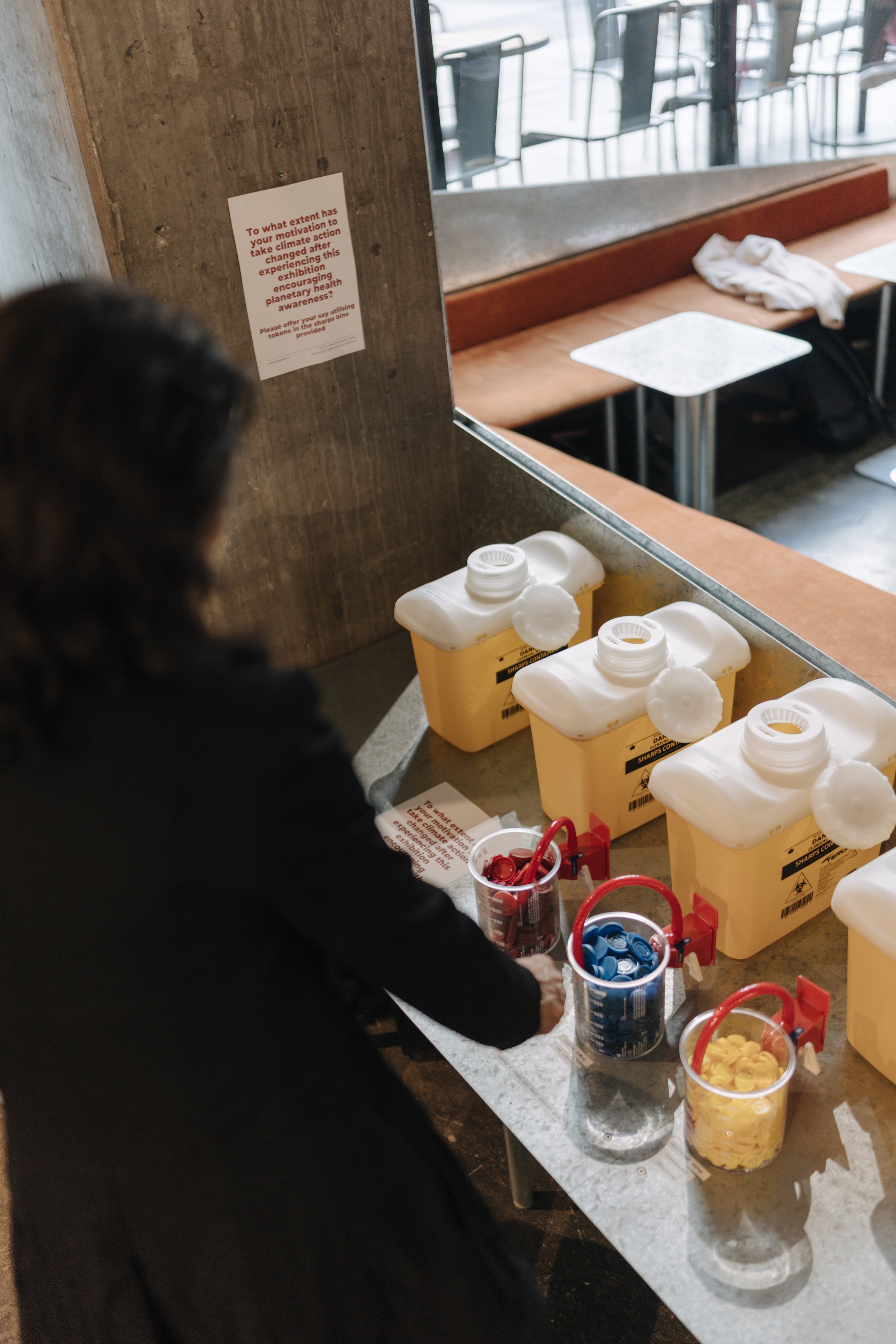



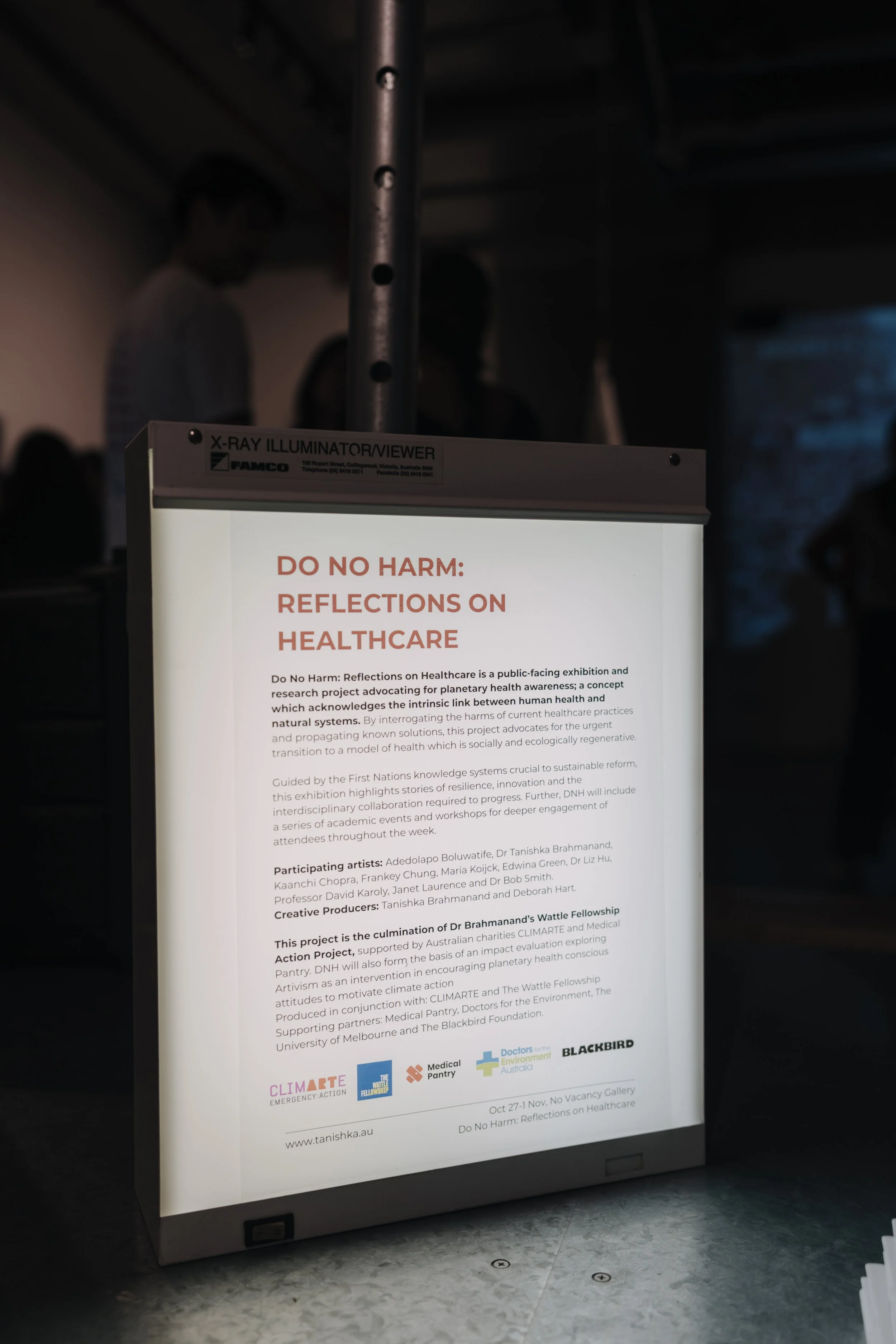


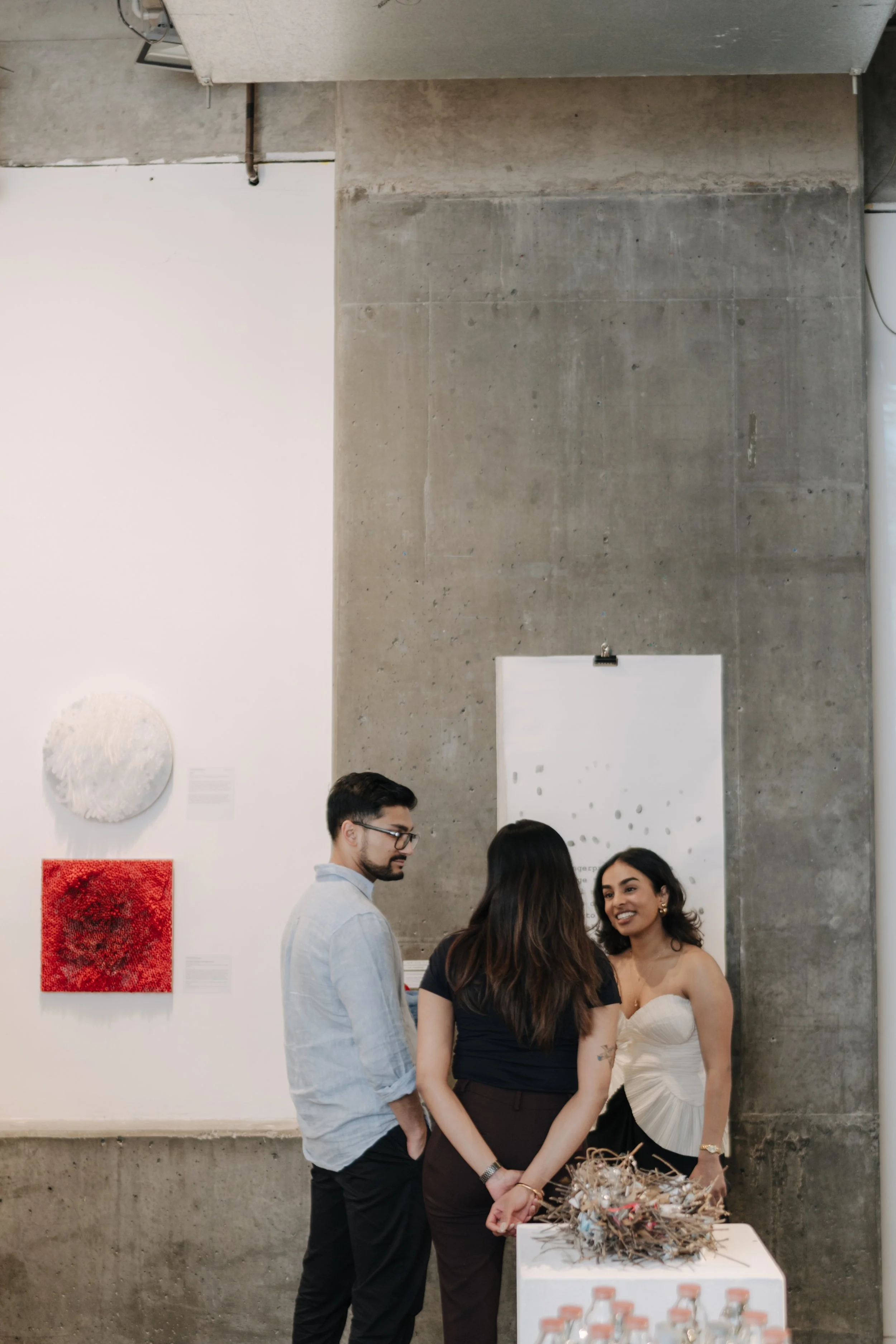
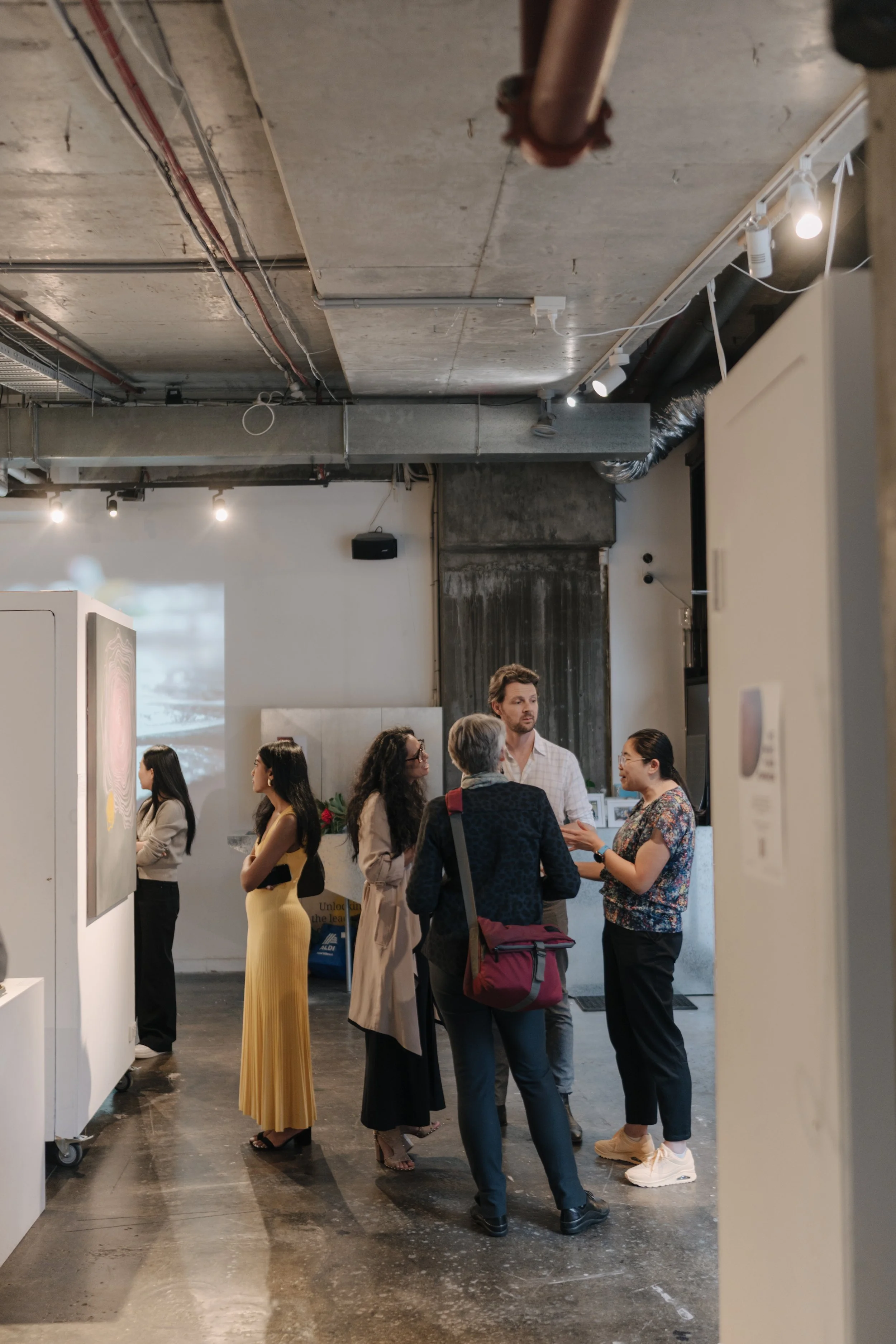
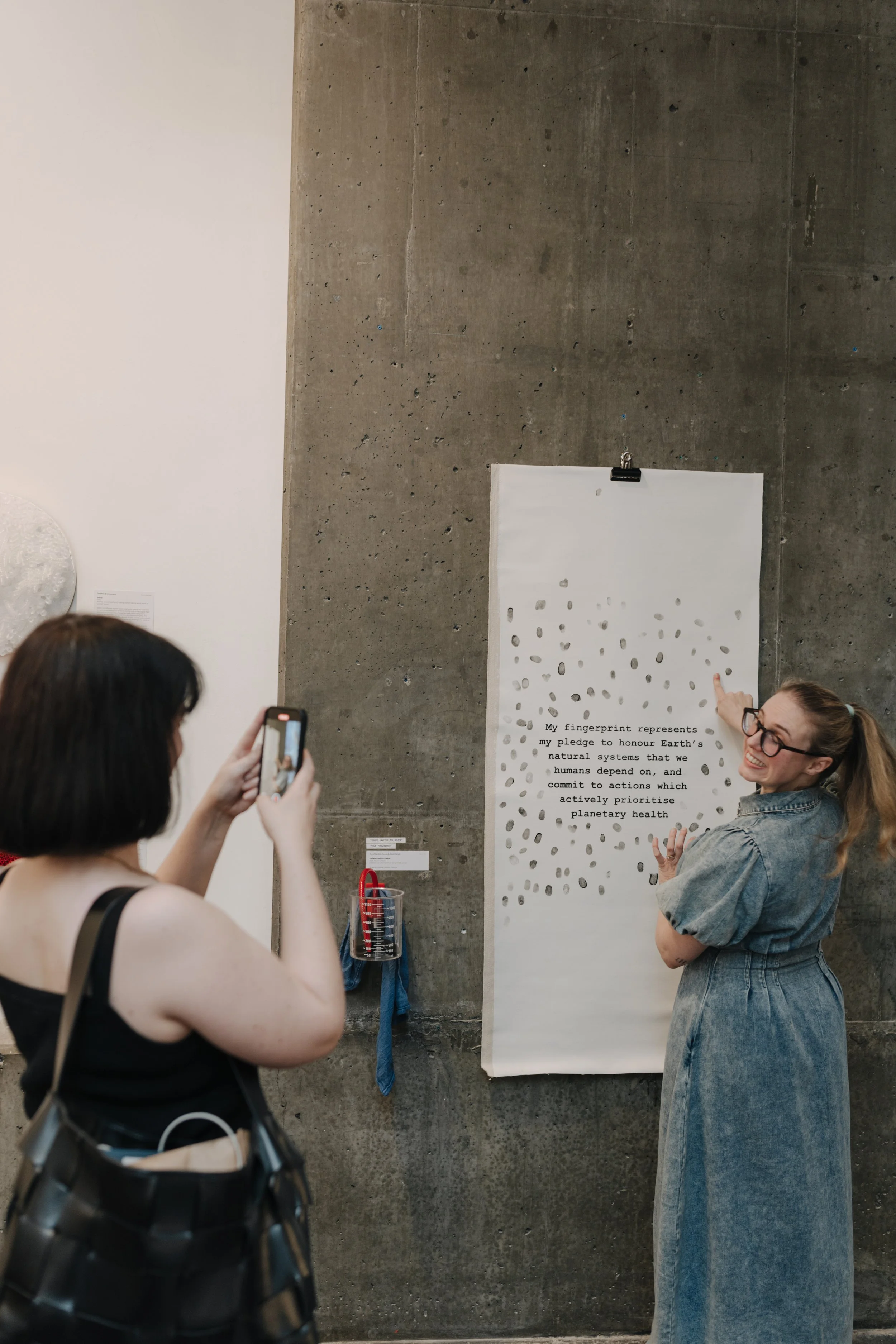
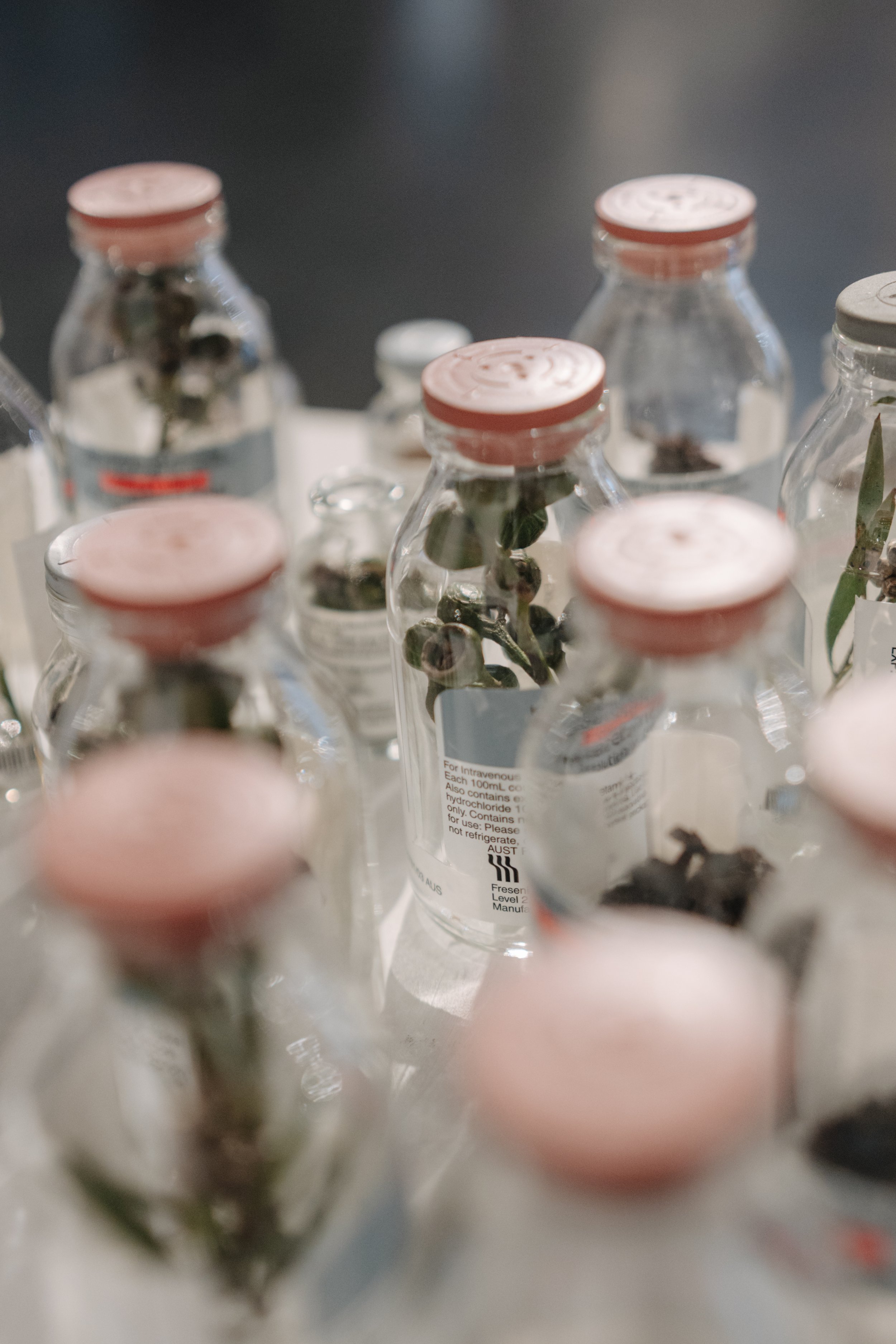
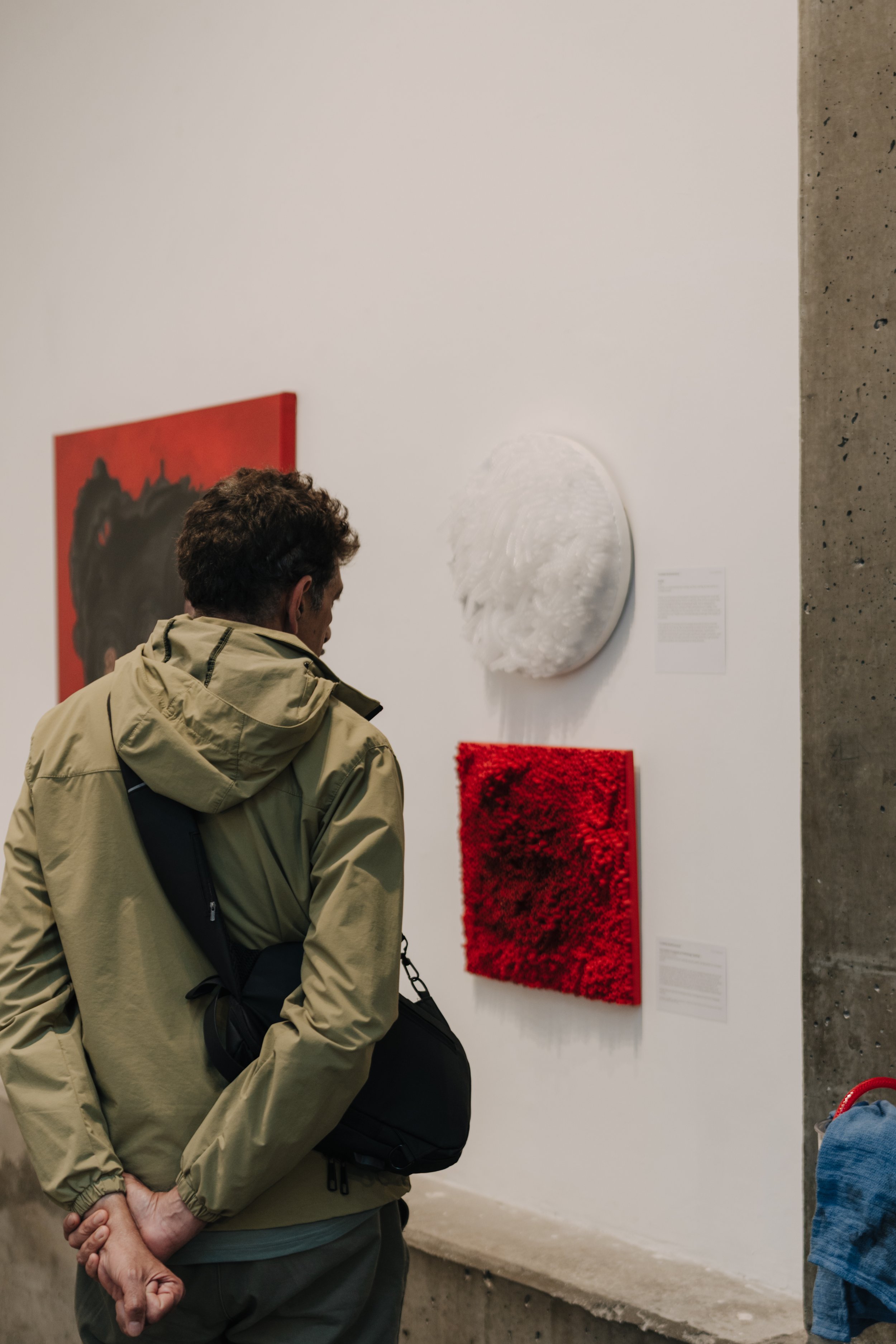


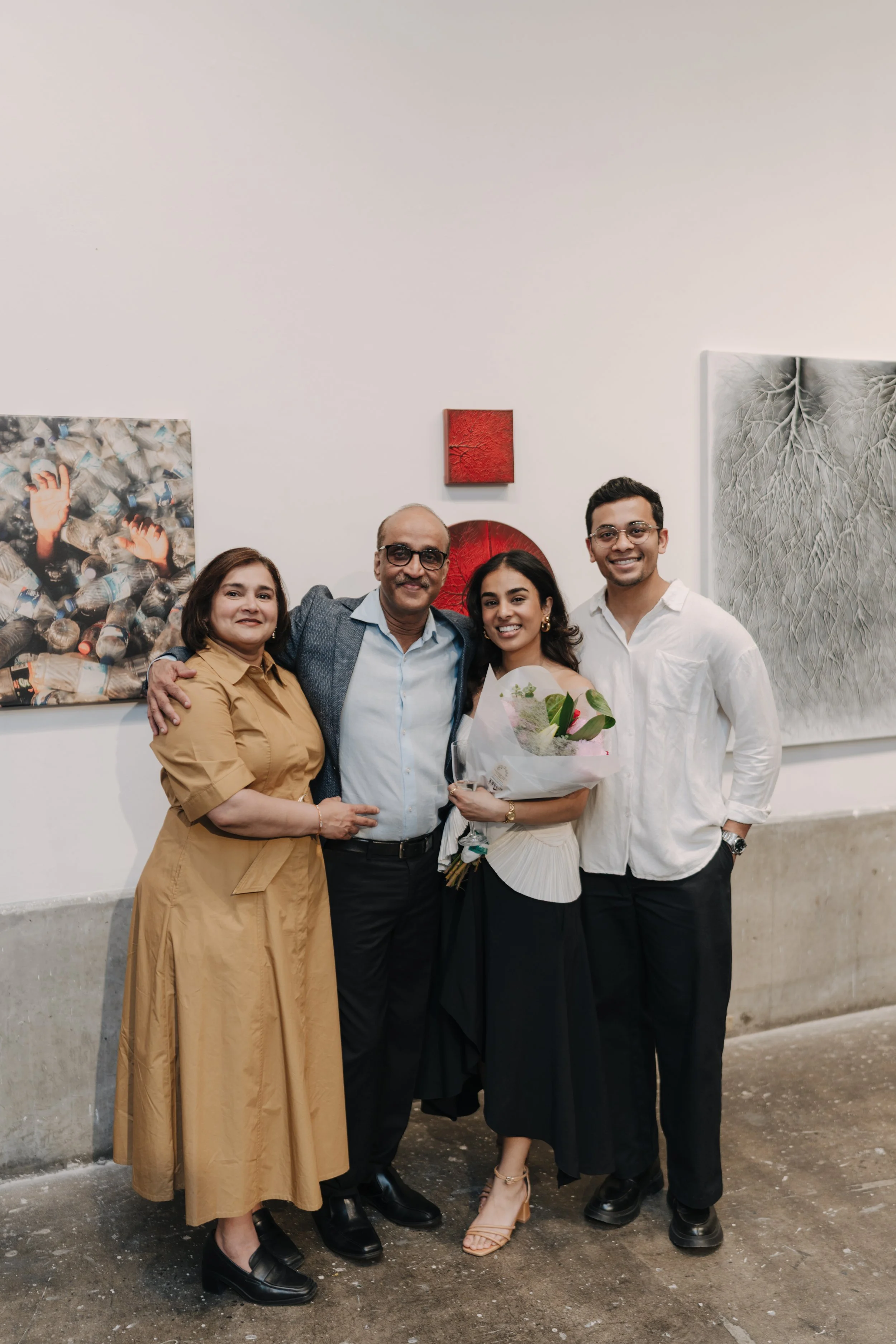

-
This project posits art as a tool with the power to accelerate climate action amidst this ecological emergency.
-
Art has long been used to provoke, advocate and activate the power of the masses. Artivism can be defined as a a hybrid form of art and activism in which art is utilized as a means towards change and social transformation (Vico et al., 2018).
-
Art exhibitions offer an environment where healthcare professionals, artists and consumers are invited to question their personal values concerning wasteful healthcare, the conceptual divorce between human and ecological health, and avenues for progress. As individuals, healthcare providers, institutions and communities, this project hopes to utilize art to empower all attendees to embody planetary health conscious attitudes. Importantly, art offers a medium unbridled by the institutional barriers which typically hinder open dialogue and creativity.

